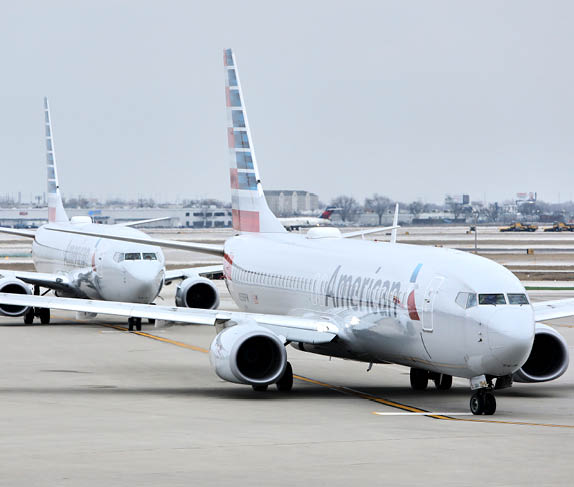Boeing reports that financiers plan to add to their aircraft portfolio investments as global large aircraft manufacturers head toward expected record aircraft deliveries in 2014 estimated at $112 billion.
Based on pre-event polling at the company’s events for financiers and investors so far this year, an average of 70 percent of banks and financial institutions working in the aviation sector are looking to increase aircraft investments, said Kostya Zolotusky, managing director for capital markets development and leasing at Boeing Capital Corporation.
“Even factoring in current production rates by the major aircraft manufacturers, the global jetliner market is relatively tight today with demand for new, fuel-efficient airplanes outstripping supply,” Zolotusky said to the more than 100 representatives at the company’s annual European financiers and investors conference in London.
Boeing hosts five conferences in major aircraft financial centers annually to provide market updates and address investor questions on aircraft investment opportunities.
“As we’ve done in recent years on various issues that could affect Boeing aircraft values, we’re here to answer them with facts and data,” said Zolotusky.
Current financing conditions are in line with earlier forecasts calling for strong liquidity to support new aircraft deliveries, Zolotusky said.
“Among funding sources, we are seeing a rare balance,” Zolotusky said. “Capital markets for aircraft-secured products are growing at unprecedented rates, and Europe’s banks are doing well after weathering the sovereign debt crisis and are being complemented by a broad base of global banks. Aircraft lessors are now the largest funding source for aircraft, and usage of government export credit is declining due to its higher costs and the strength of commercial markets,” he said.
Other positive signs for aircraft financing Boeing noted include some recovery of the financing market for used aircraft, which has seen higher pricing compared to new aircraft, as well as an improving world air cargo market.
Zolotusky said investors polled also exhibited some concern if the industry’s total higher production rates and large order books might increase the risk for aircraft overcapacity in coming years.
“We addressed that head on by pointing to Boeing’s solid track record for managing our production rates to meet real market demand. If demand doesn’t play out as anticipated, we will adjust our production plans accordingly to ensure we are in line with true supply and demand,” Zolotusky said.

